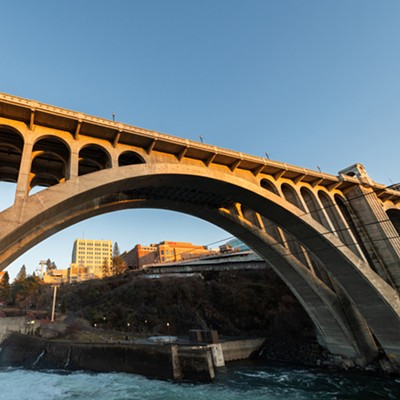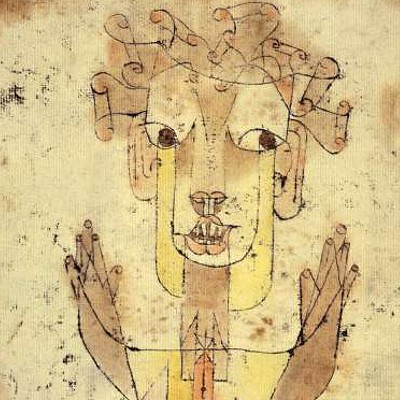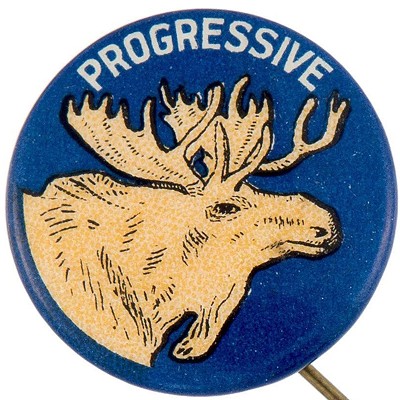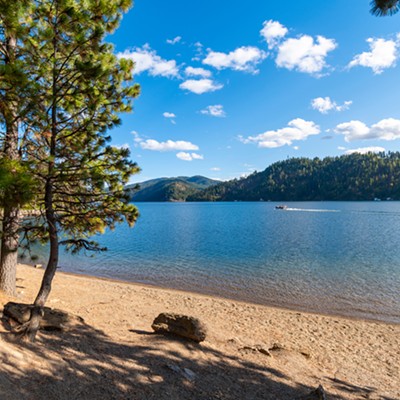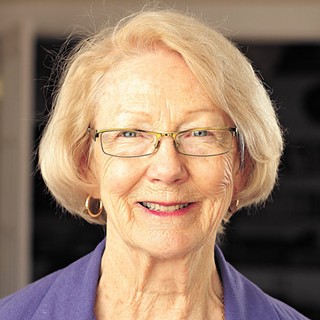At the rosy-fingered dawn of Western history, the poet Homer got it right. Human stories — living, breathing personal stories — make up the tableau of who we are as individuals, families and communities.
Homer lived and wrote 800 years before Christ, and his Odyssey and Iliad, translated again and again down through the ages, still capture our attention. We feel the pain of the wandering, homesick Odysseus and the loss in battle of the hero, Hector.
A good story, like good music, will touch the heart. And like good music, a good story will bring a tear to the eye. To be human is to laugh and to cry, to love and to be rejected, to play games and have fun, to celebrate and to grieve — all the stuff of stories.
Today, 28 centuries after Homer, our ears and senses are so filled with electronic communication; we can barely hear ourselves think. Our children watch television in rapt attention to cartoons and Disneyfied interpretations of classic myths and legends.
Are we in danger of living so in the instant, worrying about the future, that we are forgetting the past? Are we losing sight and sound of our own stories? Are oral histories fading away?
In the midst of their fast-paced lives, parents may take time to tell their children about their own heritage, about Great Granddad's harrowing experiences in World War II or Great Aunt Bessie's job in a factory that produced airplanes, or the black-sheep ancestor who rode with Jesse James.
In Coeur d'Alene, the City Library is combating this perceived oral history gap with the StoryCatcher Project, designed to "capture the spirit of Coeur d'Alene through the stories and experiences of its inhabitants." Collaborating leaders are Ruth Pratt, executive director of the Coeur d'Alene Library Foundation, and artist Barb Pleason Mueller, who designed and produced "Portrait of a Town" in 2012.
The StoryCatcher Project is seen as a natural extension of the oral histories collected while developing "Portrait of a Town," with its photographs of individuals mounted on the wall of the historic brick building overlooking Sherman Park in downtown Coeur d'Alene. (You can check it out at portraitofatown.com.)
The StoryCatcher project will enlist volunteers who will conduct personal interviews with other members of the community, capturing their histories on video camera and audio equipment. For the program to be genuinely successful, it must reach out to everyone who would like to tell and record the family story, explaining why they choose to live in the region, what they care about, their work and play, their hopes and dreams.
The Coeur d'Alene City Library is the appropriate keeper of these histories. After all, that's what libraries have always been, only now computer discs and drives will be archived alongside paper and ink-filled books.
When the groundbreaking ceremony took place in 2006, Coeur d'Alene Tribal spokesman Cliff SiJohn, backed by tribal drums, christened the new City Library Building the "Lodge of the Storyteller." Cliff's imagery stuck. To catch the stories, a meeting room at the library has been designated as the recording booth. Coeur d'Alene artist Mary Dee Dodge has covered every inch of the interior walls with brightly colored murals depicting mythical figures of Native American folklore. Artist Allen Dodge will transform the entrance to the recording center with sticks, poles and a sculpted blue jay, all dedicated to the memory of Cliff SiJohn.
An additional objective of the StoryCatcher project is to recruit and train a group of volunteers in how to conduct interviews. The benefits of the StoryCatcher Project are many. First and foremost, families can record and document their historical heritage, which can be accessed online, now and in the years to come.
A family gathering during the holiday season offers a stellar opportunity to share overlooked family stories, as well as unappreciated family traditions. Around the dinner table, one can make an almost believable case for what life was like before television, computers, cellphones, and, significantly, the Internet. Try telling the one about your grandfather who rode a horse 10 miles to school and back every day through snowdrifts, uphill both directions.
I heartily applaud the goal of the StoryCatcher Project to "'create community and a sense of place through the sharing of personal experiences." The project summary states "Stories help to tell us who we are by showing us where we've been. By collecting our stories, we hope to form a narrative of our town."
Impossible as it is to become a modern Homer, each of us is a story that deserves to be told. We as a community are a collection of stories that need to be heard.♦
A two-part workshop in oral history interview techniques will be held Monday, Jan. 27, and Wednesday, Jan. 29, from 6 to 8 pm, in the storyroom of the Coeur d'Alene City Library. Call the Library Foundation for details at (208) 769-2380.






